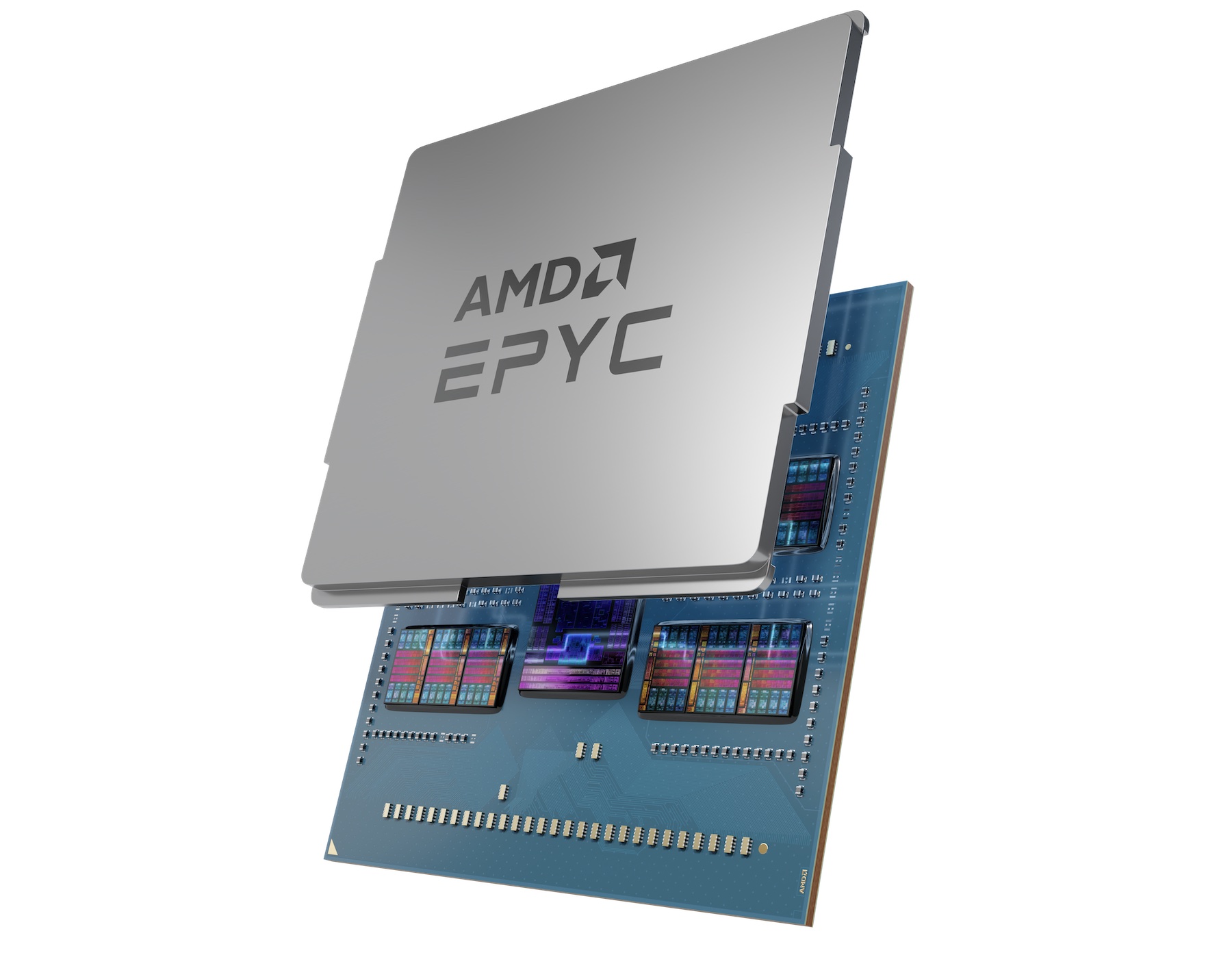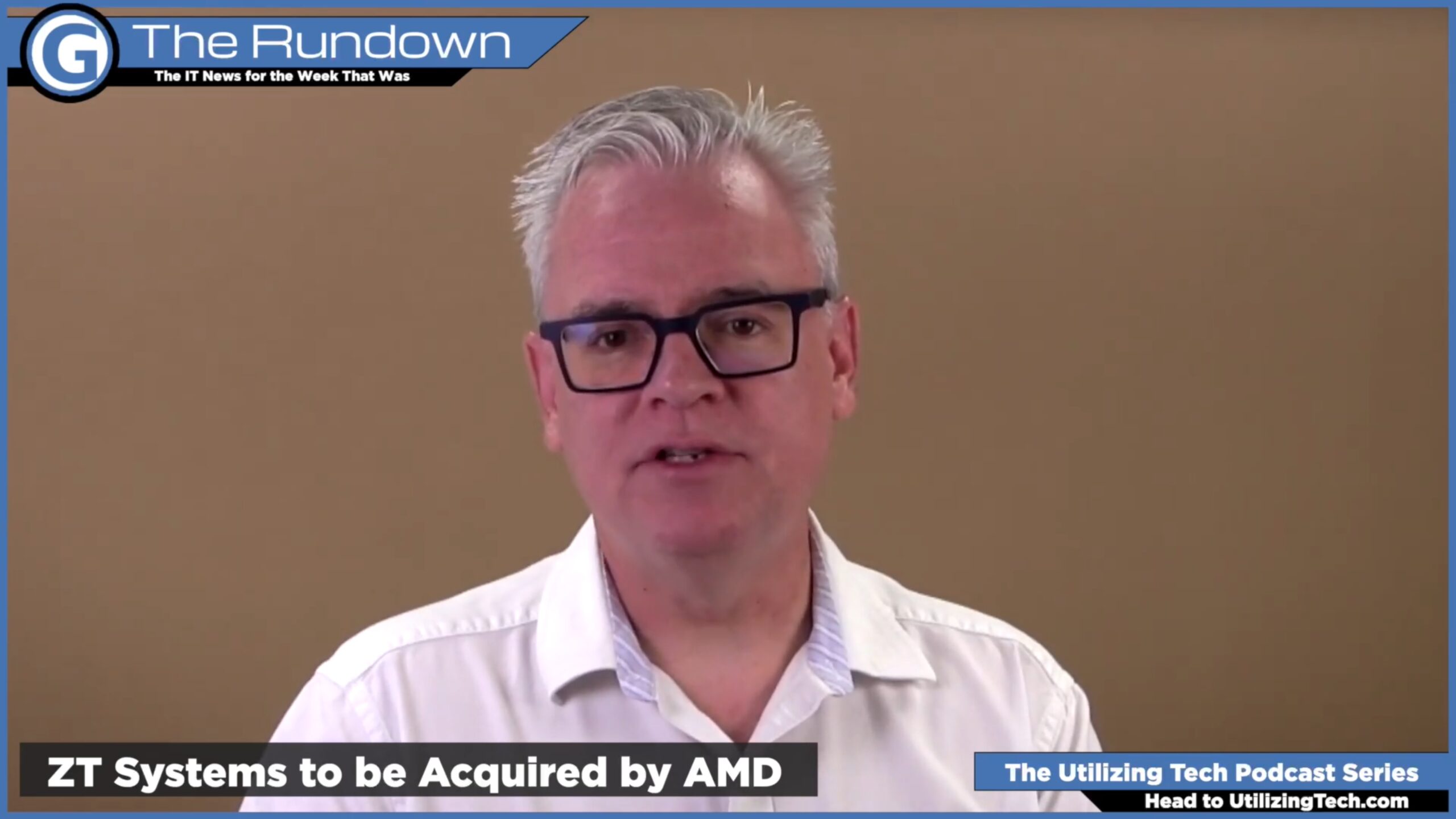Early results are out for AMD’s Ryzen CPU. While the new architecture doesn’t supplant Intel’s dominance wholesale, it puts up more than respectable performance. It’s biggest weak point seems to be gaming, where it suffers from applications that tend to preference overall clock speed and instruction per clock, and depend less on parallelization.
Ryzen really comes into its own when used for more professional applications. It routinely bests Intel’s fastest Core i7 in video and 3D rendering. This is where the silicon’s 8 cores and 16 threads really come to life. It’s other area of strength is in scientific and engineering applications. It doesn’t all out dominate Intel here, but trades top spots depending on benchmarks. If performance per dollar is important, AMD really separates themselves here.
The other interesting thing is power consumption. In years past, AMD could usually compete with Intel’s low and mid-range CPUs on performance, but got killed on power consumption. This was partially due to generally being a generation behind in manufacturing process, where Intel’s “Tick-Tock” business strategy proved especially devastating. But Intel’s has now missed both a tick and a tock in the cycle, allowing AMD to power some impressive numbers.
Overall, this has to be seen as a success for AMD, given their historic lack of execution in the past decade. With low power consumption and great performance at pro level applications, it makes me wonder if a certain company in Cupertino might be interested in this CPU for their professional desktops. No idea if this would happen, but Ryzen is capable enough to tempt.
Tom’s Hardware comments:
AMD brings its hotly-anticipated eight-core sixteen-thread Ryzen 7 1800X to market with an impressive IPC boost and SMT technology.
Read more at: AMD Ryzen 7 1800X CPU Review





I’m interested to see how (and if) these CPUs can be leveraged for cryptocurrency mining.